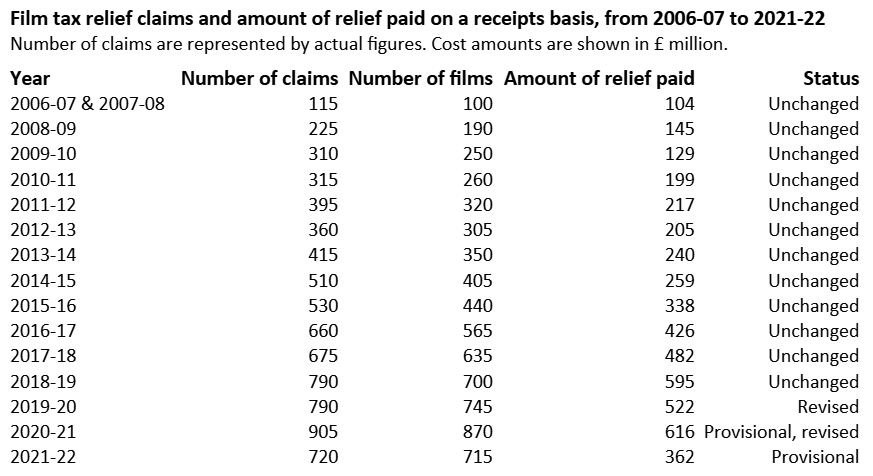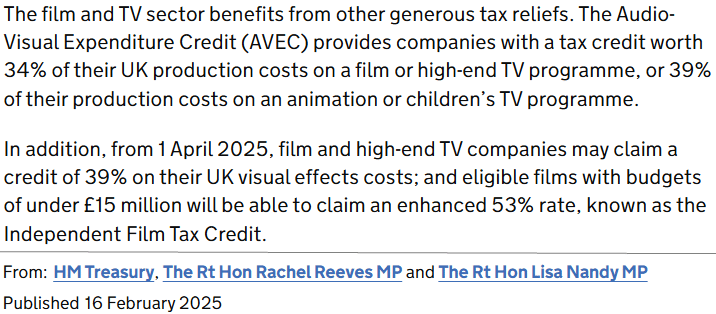-
chevron_right
AI-Powered News Piracy Site Blocked By ISPs After Court Sides With Publishers
news.movim.eu / TorrentFreak • 14 May • 6 minutes
 On February 11, 2025, a coalition of forty media outlets took legal action in France hoping to slam the brakes on mass piracy of thousands of articles published each day.
On February 11, 2025, a coalition of forty media outlets took legal action in France hoping to slam the brakes on mass piracy of thousands of articles published each day.
Under the umbrella groups La Dépêche du Midi, La Montagne, Sud Ouest, Le Télégramme, Publihebdos, and La Nouvelle République du Centre, and together the “Alliance”, the publishers hoped to derail “parasitic” news platform, news.dayfr.com.
In operation since 2021, the apparently automated platform allegedly harvests the media companies’ articles. With assistance from AI, it then republishes plagiarized or obvious copies of the articles on its own portal. A regurgitation rate of between 5 and 15 articles every minute, means up to 6,000 articles are republished every day.
Investigation Reveals the Rest of the Iceberg
Days before the application was filed at the Court of Paris (Tribunal de Paris), articles appeared in French publications denouncing news.dayfr.com and its negative effects.
In an article published by Next, Jean-Marc Manach recalled holding a training session on fact-checking for a group of professional journalists. During that session, one participant apologized for taking a few moments to quickly complete and publish an article of their own.
“To illustrate why and how it was important to learn how to identify news articles and sites generated by AI (GenAI), I took the homepage of news.dayfr.com as an example,” Manach explained. “I had already identified it as the main GenAI plagiarist in French. But I didn’t expect the journalist to discover, stunned, that this site had just published a copy-paste of his article, posted online only half an hour earlier.”
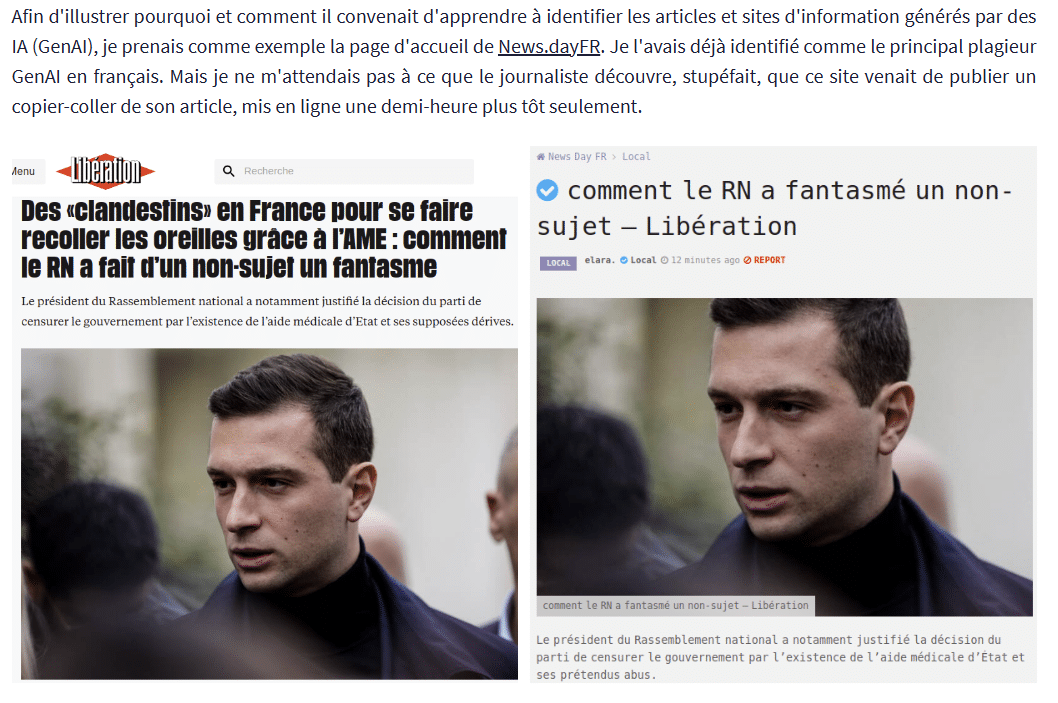
A joint investigation by Libération and Next revealed that at least 1,000 similar sites churn out infringing content in much the same way. In some cases, AI ‘hallucinations’ aren’t noticed by site operators or the public, resulting in bogus automated news being taken as fact, then cited as source material for articles published on Wikipedia.

Articles reporting on the pirate news sites were reproduced by those very same sites, some with only minor cosmetic changes, as the example above shows. Other published articles were little more than elaborate fiction, yet still ended up on Google News due to the use of domains previously used by reputable resources.
Court of Paris Considers Request for Blocking
In a process that began on February 11, the plaintiffs summoned the leading ISPs in France – Bouygues Télécom, Free, Sfr, Sfr Fibre and Orange – to appear at a hearing on March 2025 before the Court of Paris. The aim was to obtain an order compelling the ISPs to block news.dayfr.com, to prevent customers from accessing plagiarized content.
The decision handed down by the Paris Court dated May 7 reveals that the ISPs – which currently block sites under a voluntary arrangement with the audiovisual industries – stopped short of offering their full cooperation.
ISP ‘Free’ sought assurances from the court that the requested measures respect the principle of proportionality and that blocking measures “would only be taken with respect to the domain name/address https://news.dayfr.com” and would only be in force for a maximum of 12 months.
Orange said it did not oppose the measures but asked the Court to confirm that the publishers had the right to act and that blocking measures would only target the sole domain identified in the application. Sfr and Sfr Fibre questioned whether the requested measures were proportionate and “strictly necessary”.
Site Previously Assessed by Judicial Commissioner
Blocking orders of this type can only be authorized by the judicial authority, after infringement of copyright or related rights has been established. The decision refers to reports drawn up by a judicial commissioner in December 2024, which found that many articles owned by various publishers had appeared on news.dayfr.com. Any changes made to the original works were swiftly dismissed as irrelevant.
“It is clear from all of these findings that the Alliance and the publishing companies have established with sufficient proof that the disputed site allows Internet users to access protected works without the authorization of the rights holders, notwithstanding the slight modifications made to the articles reproduced on the disputed site. The infringement of copyright and related rights has been established,” the decision reads.
The decision notes that the publishing companies are entitled to request measures to protect their rights, especially when considering obstacles that prevent the site’s operator being identified, such as hosting at Cloudflare.
“These elements demonstrate the knowledge of the entirely or almost entirely illicit nature of the links present on the disputed site by the people who contribute to this dissemination and the difficulty for the authors and producers to prosecute those responsible for this site,” the Court continues.
Blocking Order Granted
Having weighed the need for blocking measures against the risk of blocking legal content, the rights of the ISPs to conduct their business, and the infringing nature of the content in question, the Court ruled in favor of the publishers.
[The Court] orders the companies Orange, Sfr, Sfr fibre, Free and Bouygues télécom to implement or have implemented, at the latest within 15 days following the service of this judgment and for a period of 18 months from the implementation of the measures ordered, all measures likely to prevent access to the site , from French territory, including in the overseas departments or regions and single collectivities as well as in the Wallis and Futuna Islands, in New Caledonia and in the French Southern and Antarctic Territories, by their subscribers based on a contract taken out in this territory, by any effective means, and in particular by blocking the domain name
Orange, Sfr, Sfr fibre, Free and Bouygues telecom are responsible for any costs incurred when implementing the blocking and in the event that the measures face circumvention, the Court will consider submissions.
The question now is whether news.dayfr.com will attempt to circumvent blocking. Two changes are clear already; all articles listed in the publisher’s application have been taken down, and a new subdomain (euro.dayfr.com) is available. Unfortunately, a more significant issue may need to be addressed.
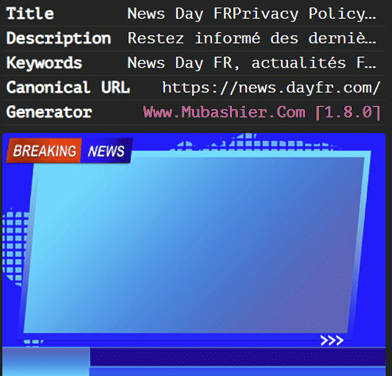 Dayfr.com may be considered a key threat to French publishers, but there’s nothing particularly unique about the site.
Dayfr.com may be considered a key threat to French publishers, but there’s nothing particularly unique about the site.
Look closely enough and the site’s ‘secret sauce’ becomes evident; it uses a content management system (Mubashier) ostensibly run from the Middle East, that’s also in use on many other sites. That raises the real possibility that successfully blocking dayfr.com would give rise to replacements using the same system.
Finally, in common with similar preconfigured platforms, Mubashier-powered sites may be expected to ‘just work’ right out of the box, without customers having to put in too much effort.
That seems to be a pretty good fit when considering the intended purpose of dayfr.com; automatically grab content and then publish it with minor tweaks, if any. Masquerading as a genuine news site only serves as a distraction for other things going on in the background, including dubious SEO schemes.

Among many pages hidden from search engines are URLs that reveal a bit more about how the sites obtain content, and a few other things which may be a little more exposed than intended.
Efforts by some to offload malware seemed particularly rude, especially after spending considerable energy claiming to be ethical news sites. Of course, Cloudflare may offer some protection, but clusters of sites hosted in Germany, and right under the publishers’ noses in France, may not always have the type of cover they expected.
The Tribunal de Paris blocking order is available here ( pdf , French)
From: TF , for the latest news on copyright battles, piracy and more.

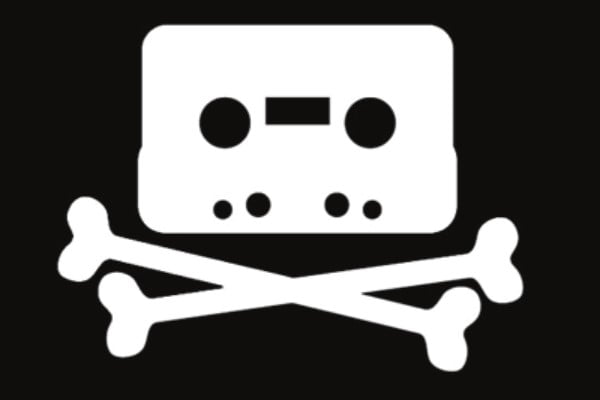 Late 2022, several of the world’s largest music companies including Warner Bros. and Sony Music prevailed in
Late 2022, several of the world’s largest music companies including Warner Bros. and Sony Music prevailed in
 For those who had fun playing
For those who had fun playing 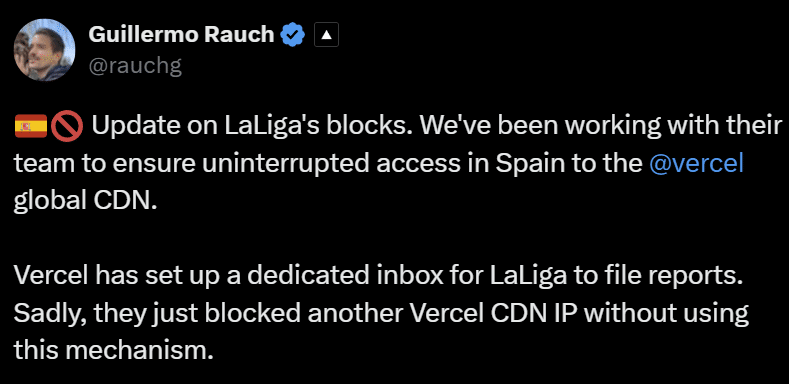
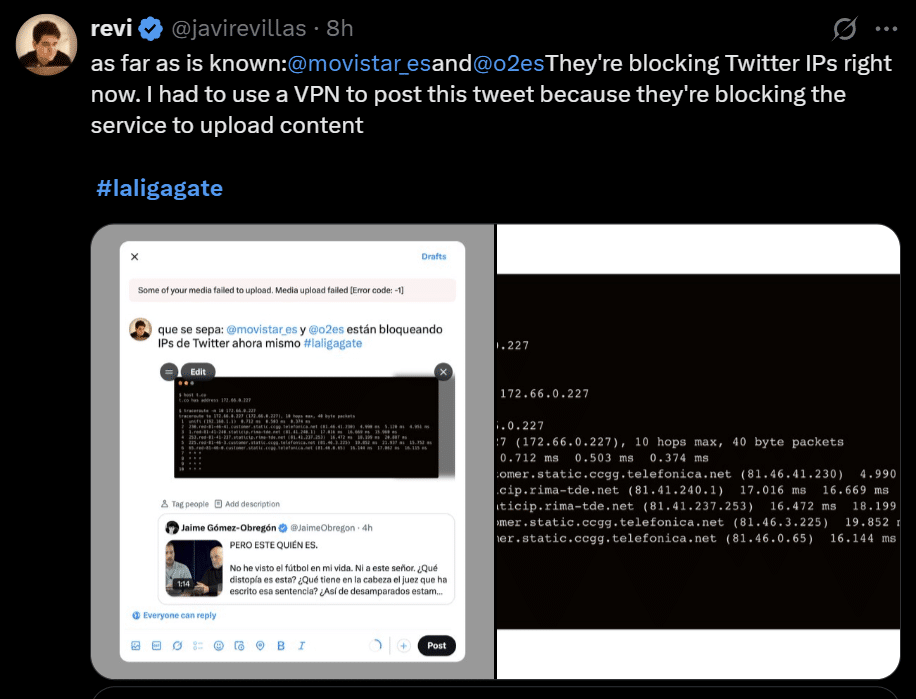

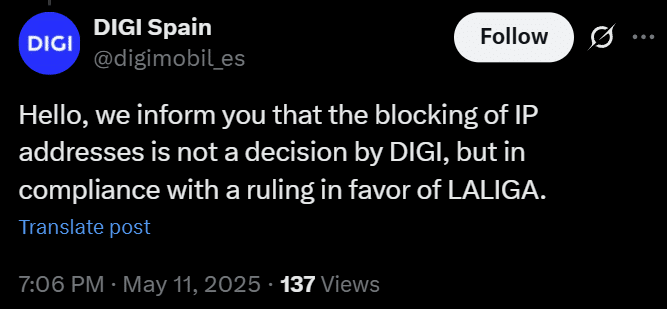
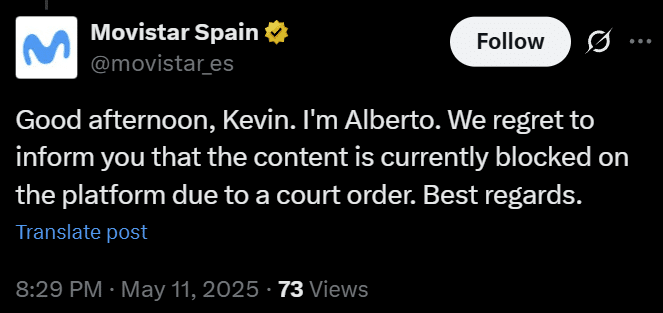
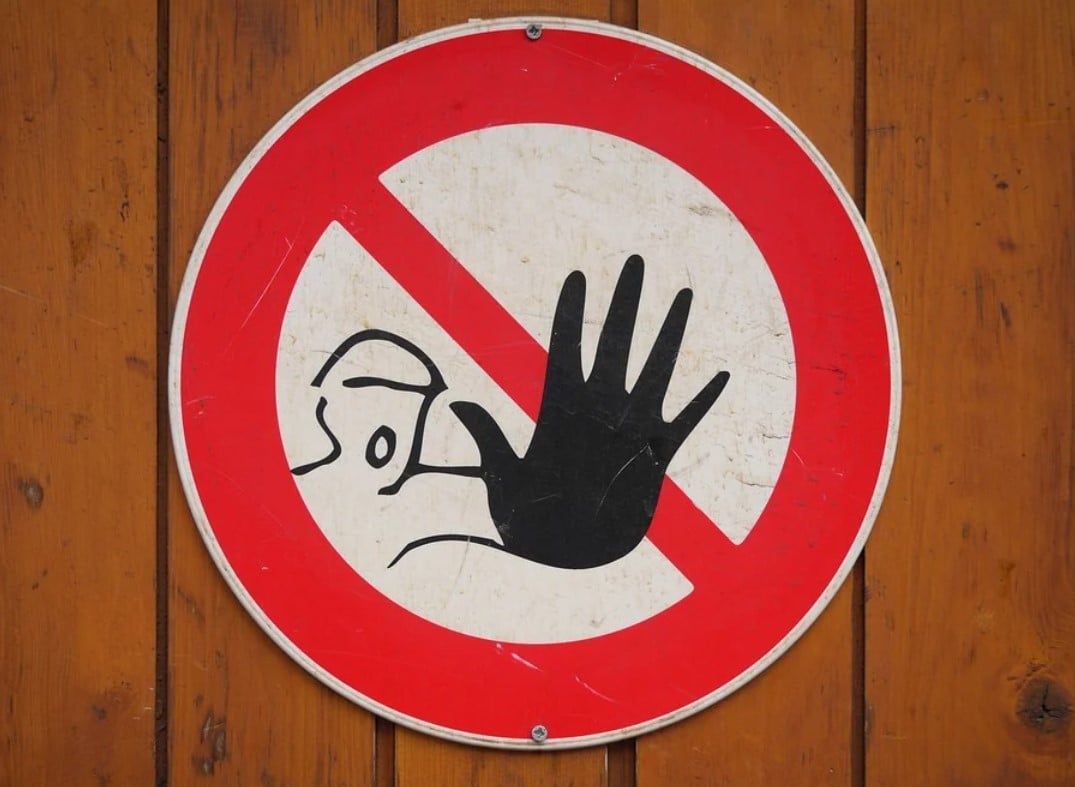 The frontline of online piracy liability keeps moving, and core internet infrastructure providers are increasingly finding themselves in the crosshairs.
The frontline of online piracy liability keeps moving, and core internet infrastructure providers are increasingly finding themselves in the crosshairs.
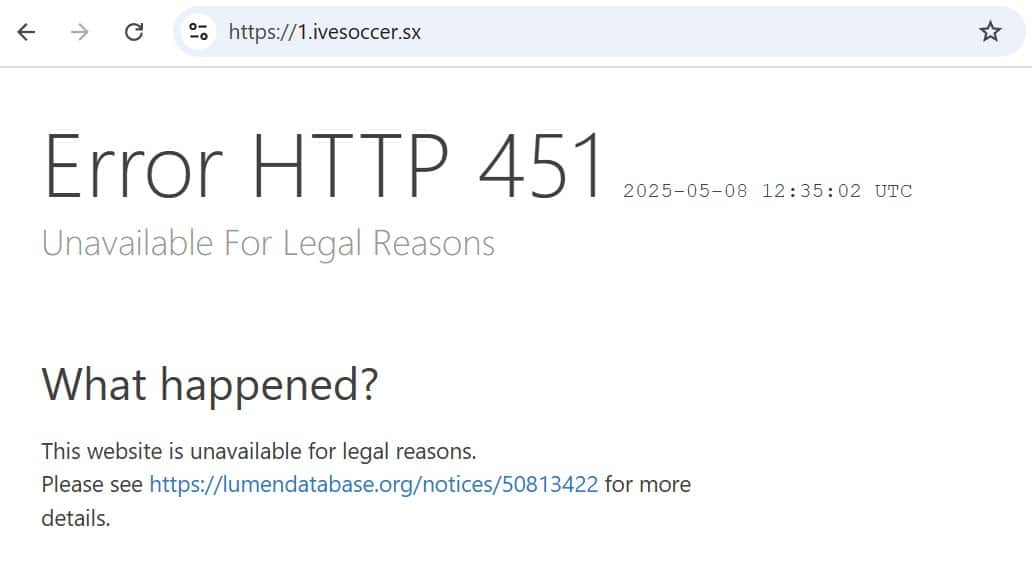


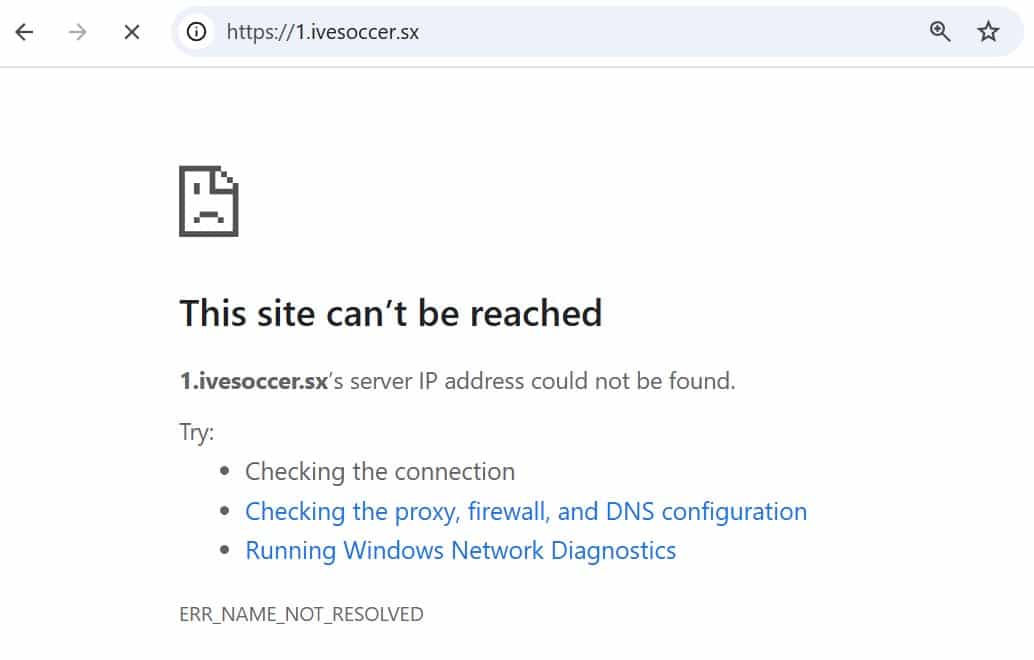

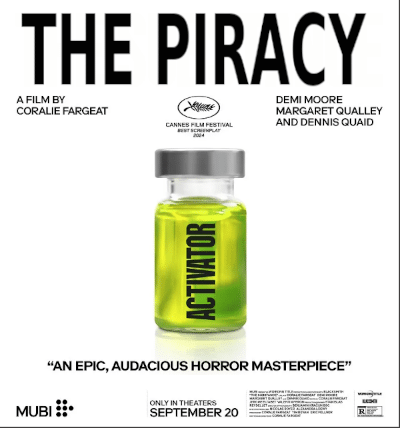 If making content available to the public to consume legally is the most effective anti-piracy measure, pre-release piracy should be the most damaging form of piracy, or at least the theory goes.
If making content available to the public to consume legally is the most effective anti-piracy measure, pre-release piracy should be the most damaging form of piracy, or at least the theory goes.
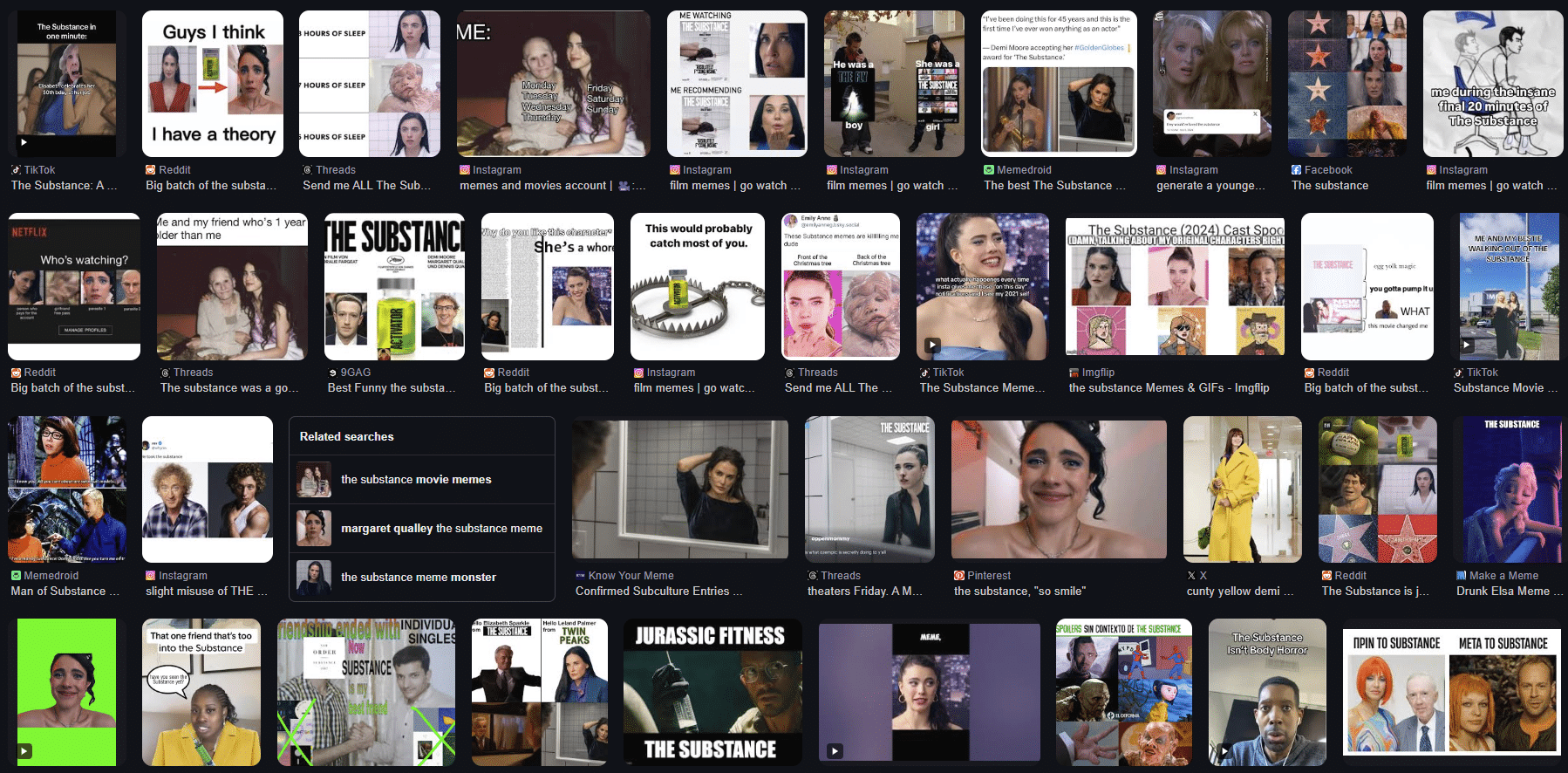
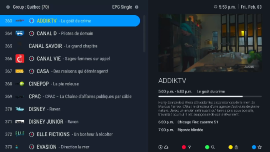


 Fmovies first appeared online in 2016 and rapidly escalated into a severe headache for Hollywood as an incredibly resilient pirate operation.
Fmovies first appeared online in 2016 and rapidly escalated into a severe headache for Hollywood as an incredibly resilient pirate operation.

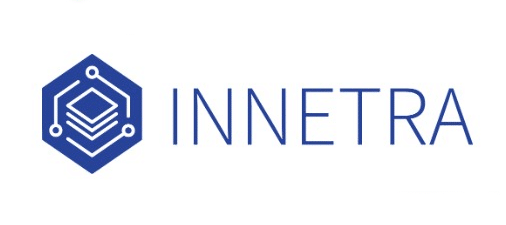 As pirate IPTV services have continued to grow in recent years, TV broadcasters and distributors have intensified their efforts to combat piracy.
As pirate IPTV services have continued to grow in recent years, TV broadcasters and distributors have intensified their efforts to combat piracy.
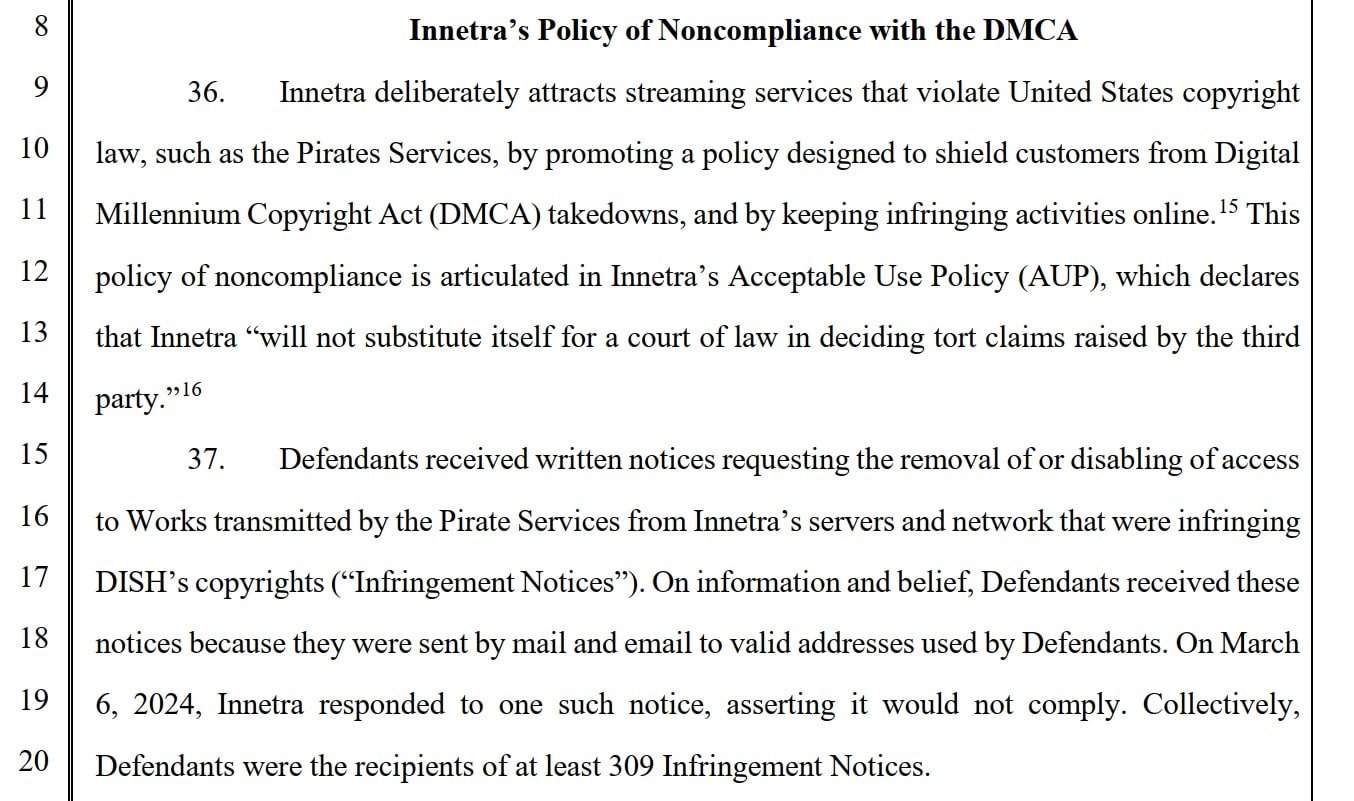
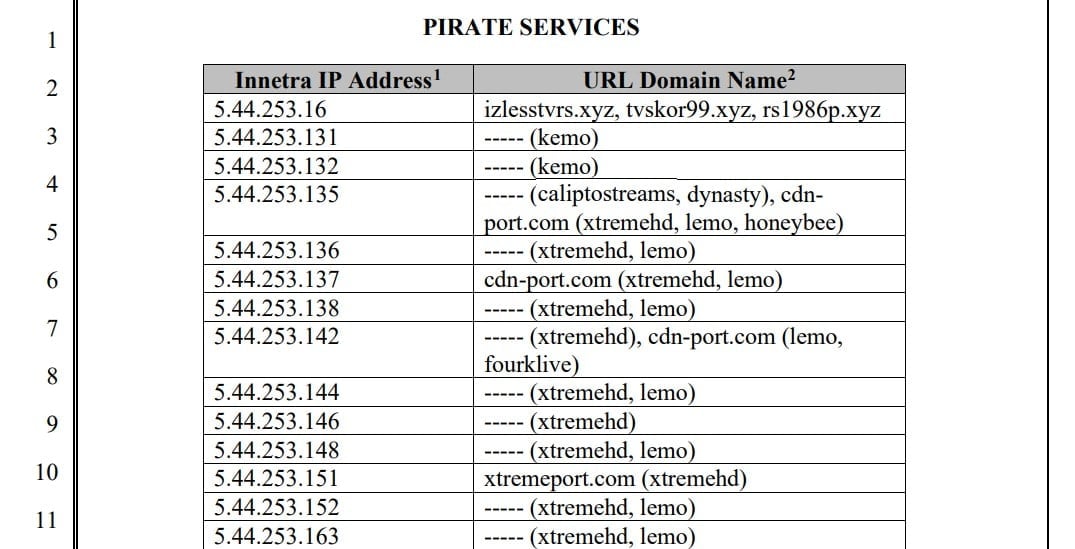
 President Trump’s announcement on Sunday revealed his plan to save the U.S. movie industry, which according to him is “dying a very fast death.” The solution is tariff-based and most likely damaging to the major Hollywood studios.
President Trump’s announcement on Sunday revealed his plan to save the U.S. movie industry, which according to him is “dying a very fast death.” The solution is tariff-based and most likely damaging to the major Hollywood studios.

